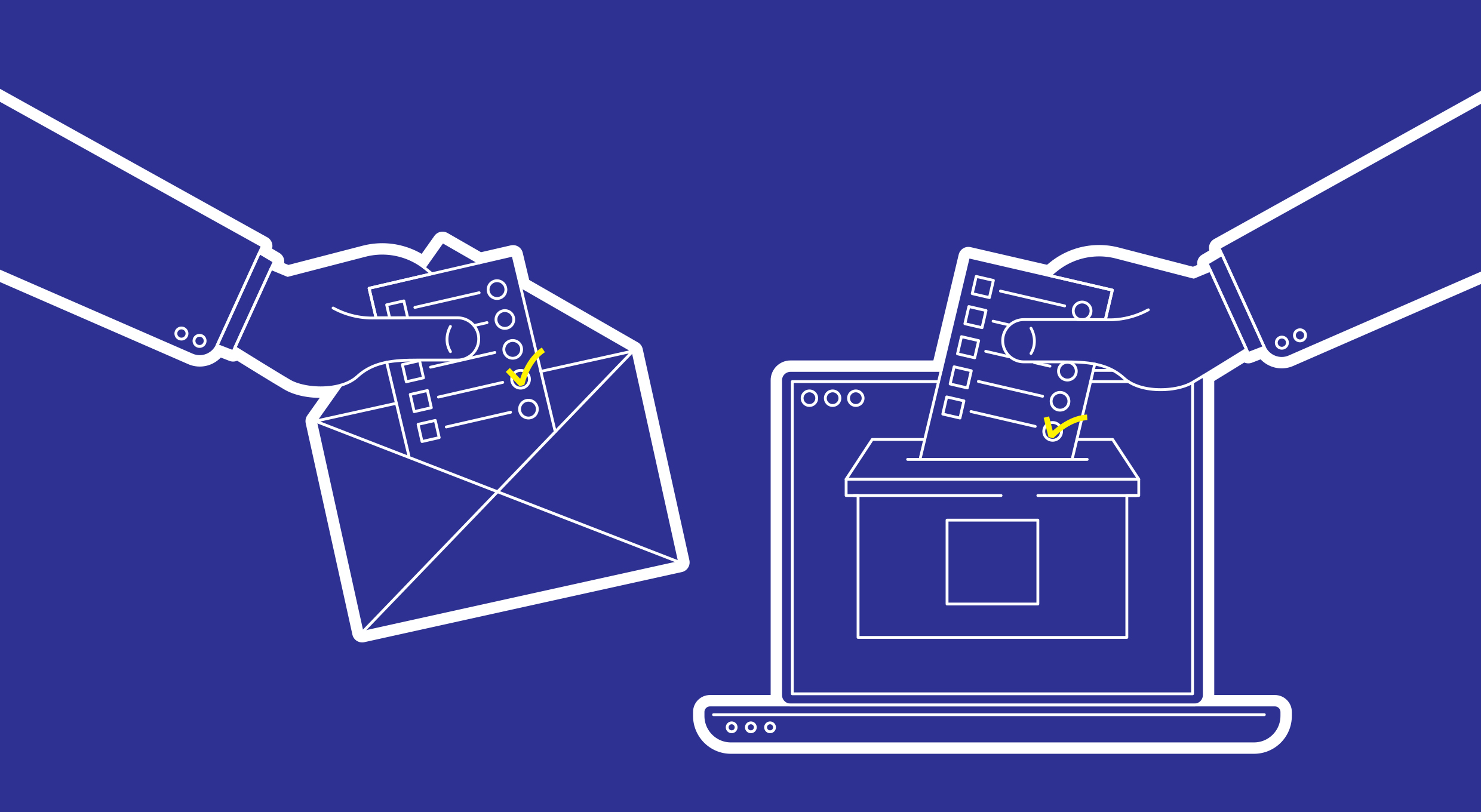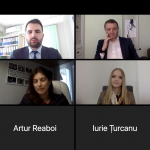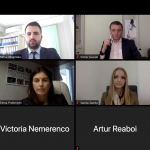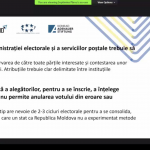Alternative voting methods in the Republic of Moldova: Lessons learned from the experience of Romania and Estonia

The last parliamentary and presidential elections in the Republic of Moldova brought back to the forefront the debates on the need to introduce alternative methods of voting. The stakes of these debates are twofold. On one hand, the main reference point for the organization of any elections is the assurance of the right to vote and of the optimal conditions for the exercise of this constitutional right by the citizens of the Republic of Moldova. Respectively, it is imperative to facilitate the voting process, regardless of the location of the voters. On the other hand, the objective is to find the most appropriate and effective tools to respond to the current challenges faced by electoral processes in our country, in order to achieve the priorities indicated above.
Given these aspects, the subject of implementing alternative voting methods revealed an increased interest among different actors. As a matter of priority, political parties involved in electoral competition are directly targeted by this issue, which encourages them to approach it with vigilance and to build a public discourse on alternative voting methods. This position is often shaped by the dynamics of the popular vote and the electoral calculations of each political party, but also by the public pressure, requests and recommendations from civil society, think-tanks, initiative groups, and the citizens of the Republic of Moldova.
The post-election period after the presidential elections of November 2020 provides a favorable context to review the key findings related to the organization of the last presidential election and the potential changes to the electoral legislation, aimed at improving electoral practices in our country. More informed public debates on the need for implementing alternative voting methods in the Republic of Moldova are also important. This process must be transparent and inclusive, involving all stakeholders in society, both governmental and non-governmental.
This study aims to contribute to the current debates on the introduction of alternative methods of voting, launched at the end of last year on the platform of the Parliament of the Republic of Moldova. We aimed to review the opportunities and challenges posed by the implementation of internet and postal voting, starting from the specific cases of Estonia and Romania. We believe that the experience of Estonia and Romania in the field of alternative voting methods could serve a solid reference to address key issues faced by the electoral process in the Republic of Moldova.
The methodology of the study included qualitative analysis of the institutional, legislative framework and policy documents regarding the electoral processes in the Republic of Moldova, Estonia, and Romania. The main findings and recommendations of this study have been subject to an internal and external consultation exercise, with the participation of relevant public institutions and representatives of civil society and research centers. In this regard, the study aimed at (1) raising awareness among the general public about the institutional framework and functioning mechanisms of internet voting and postal voting, and (2) presenting as a result of the key findings about the Romanian and Estonia experience a set recommendation, aimed at highlighting how challenges and opportunities related to the implementation of alternative voting should be addressed.
The study was developed by the Institute for European Policies and Reforms (IPRE), in partnership with the Laboratory of Initiatives for Development (LID Moldova) and Expert-Forum (EFOR Romania), with the support offered by the Konrad Adenauer Foundation (KAS) in the Republic of Moldova. The views reflected in this publication are the ones of the authors.
Fullscreen Mode




